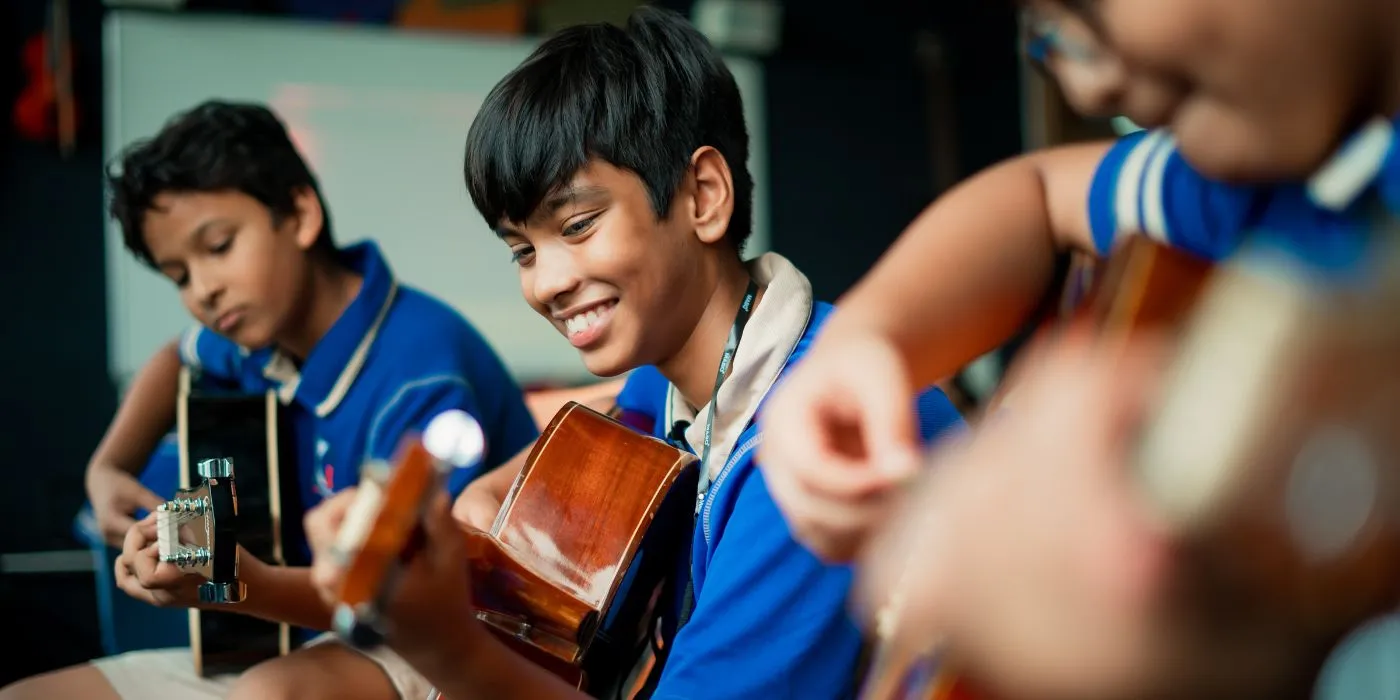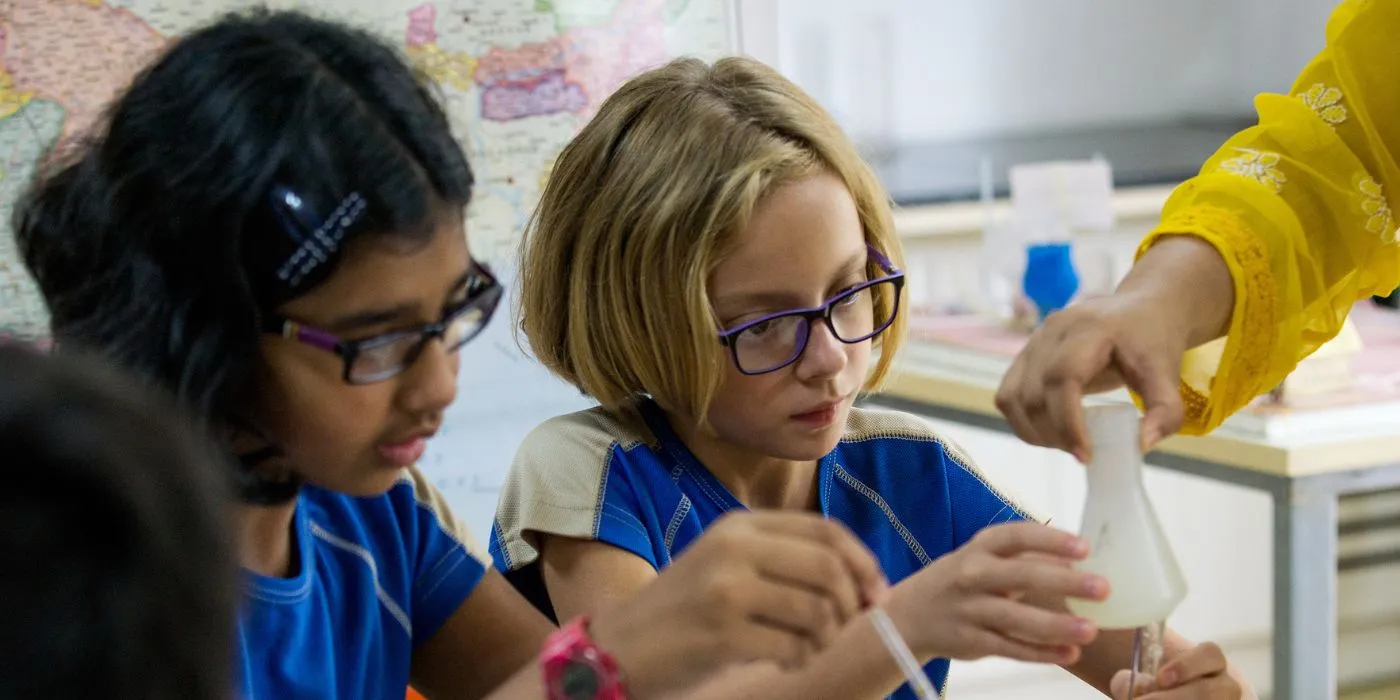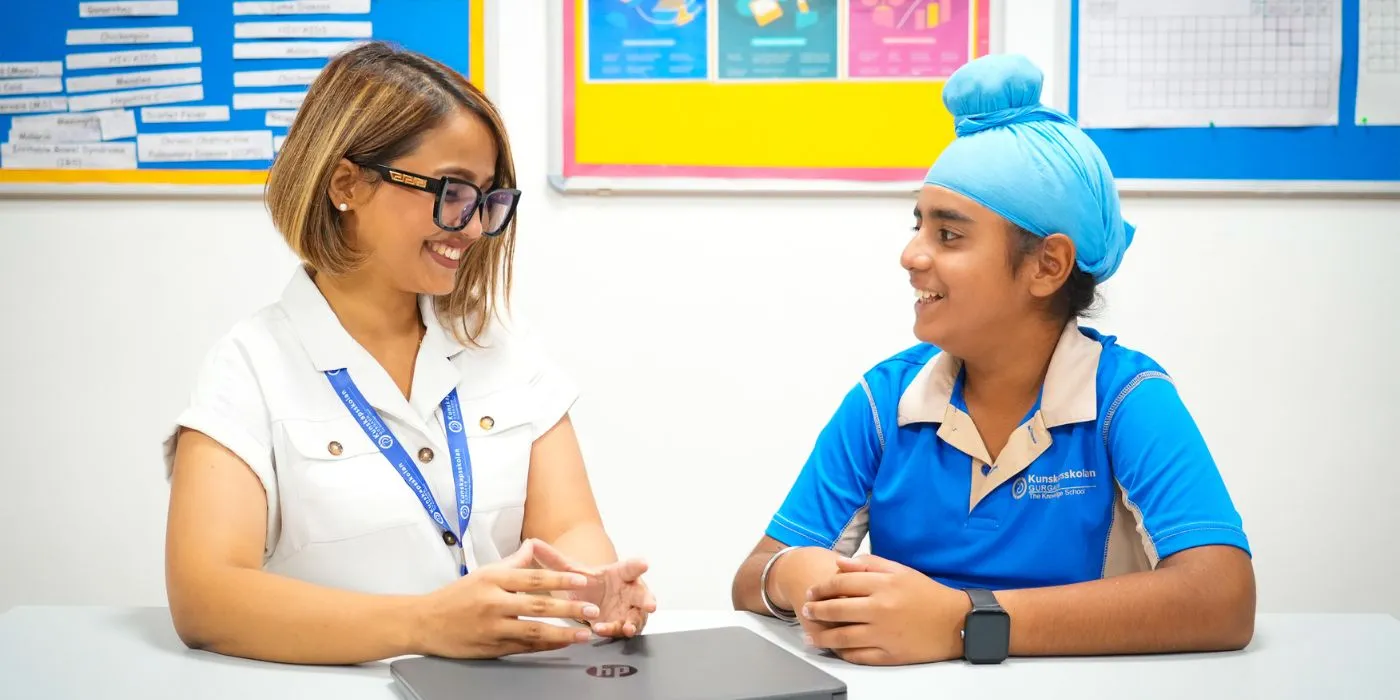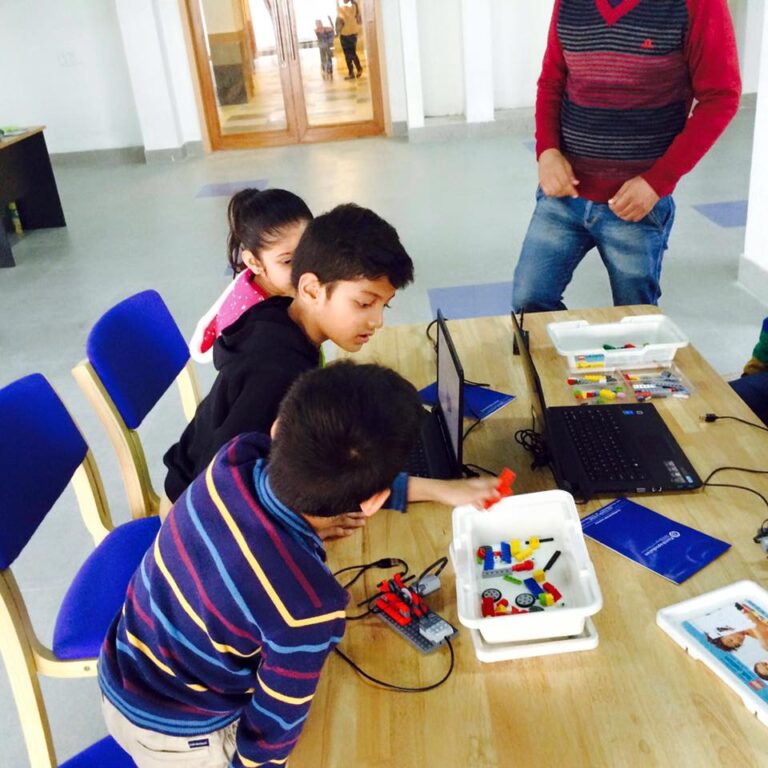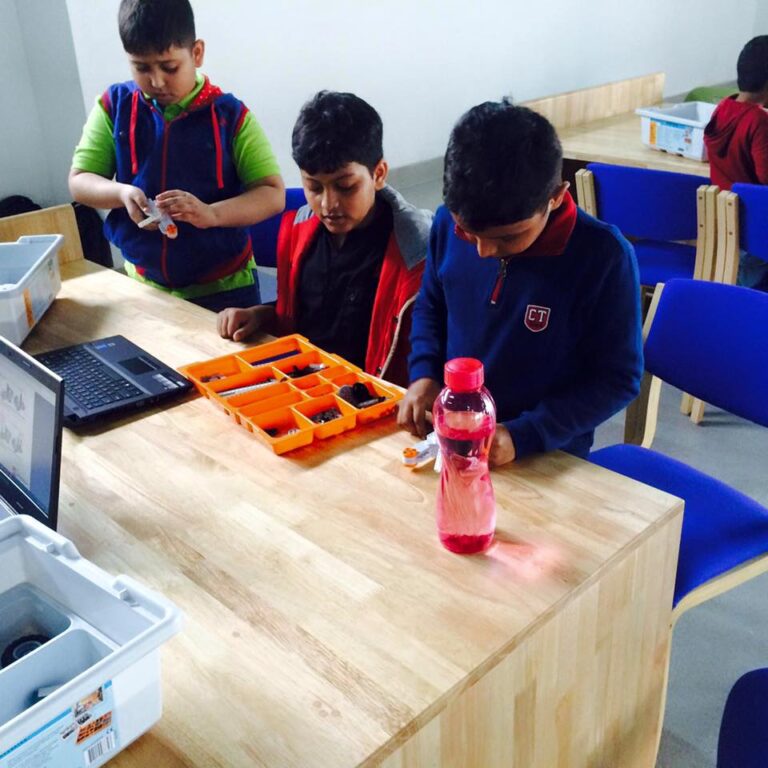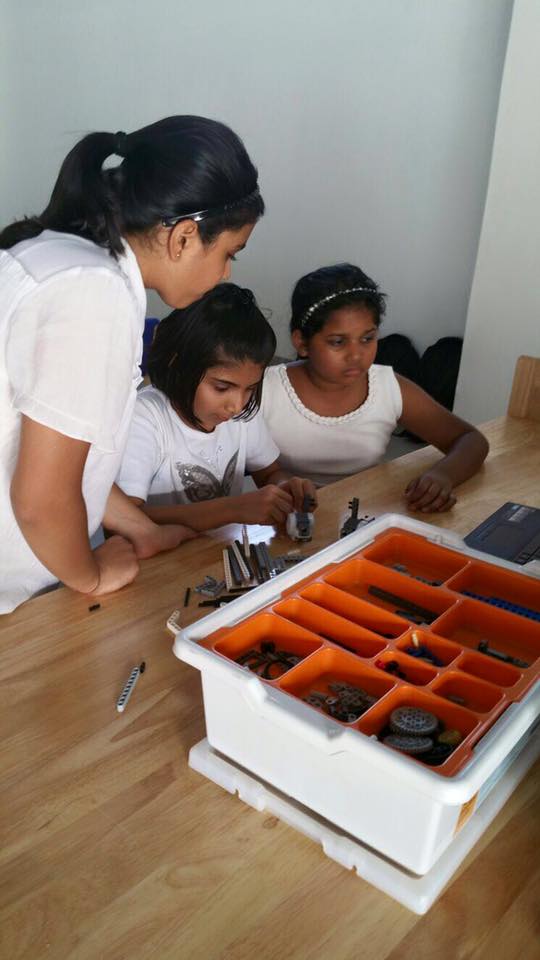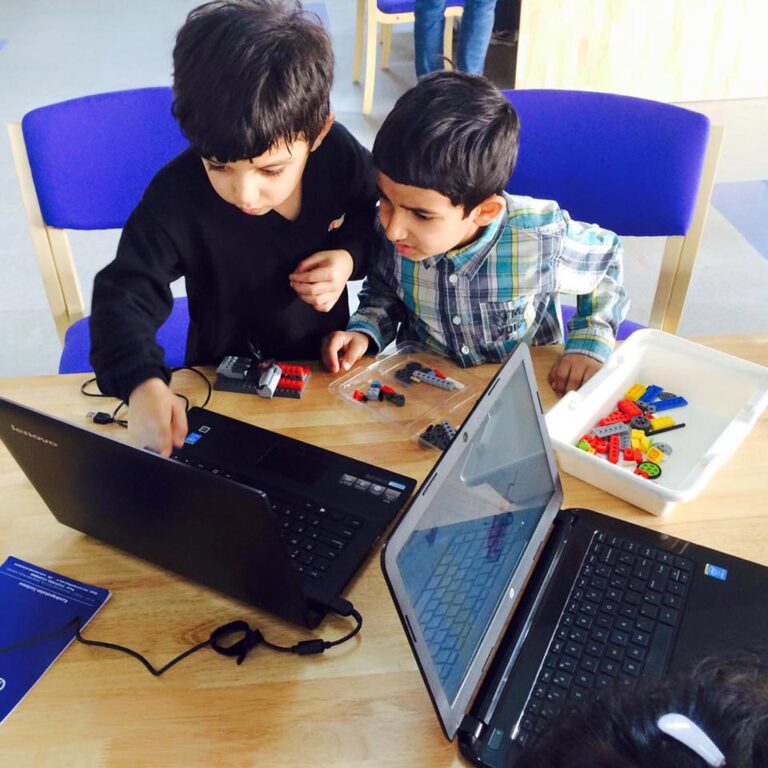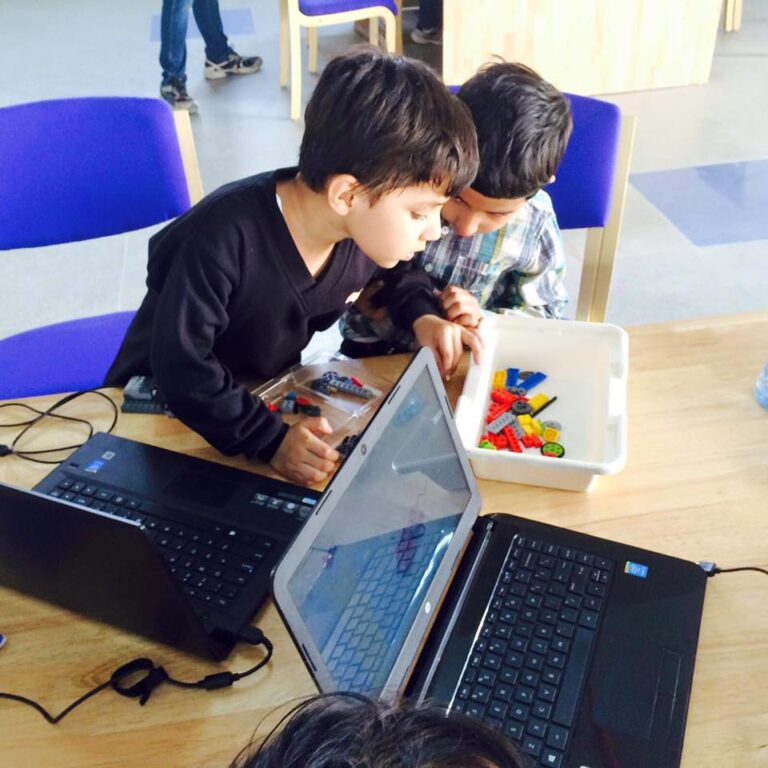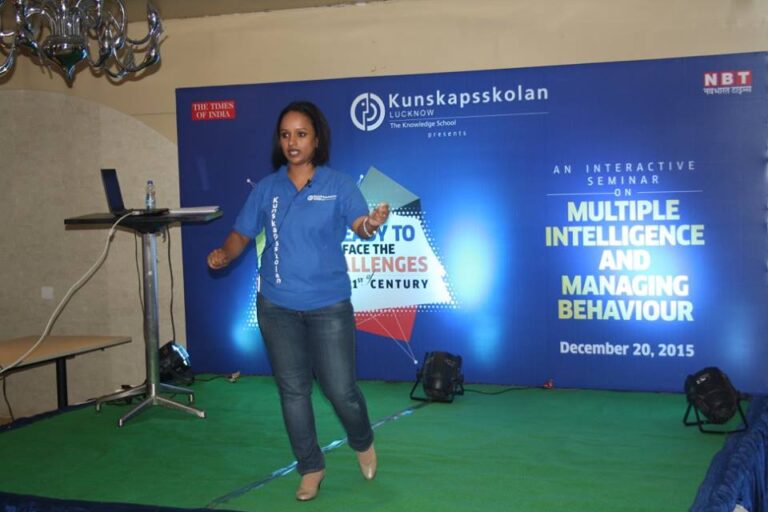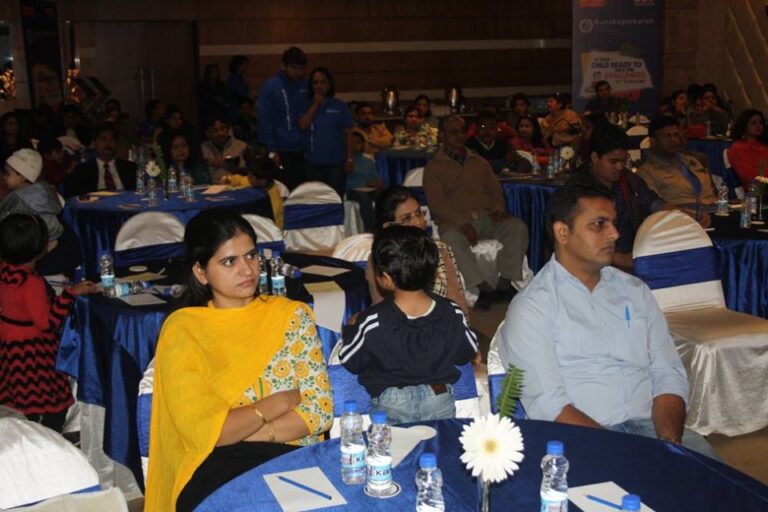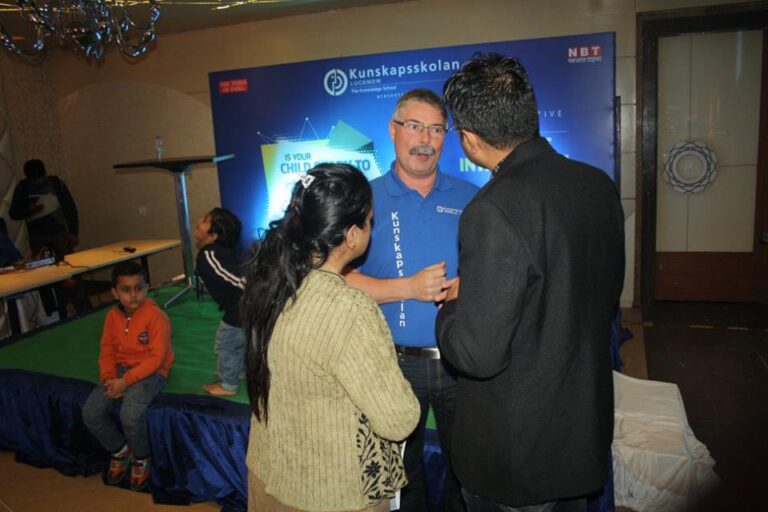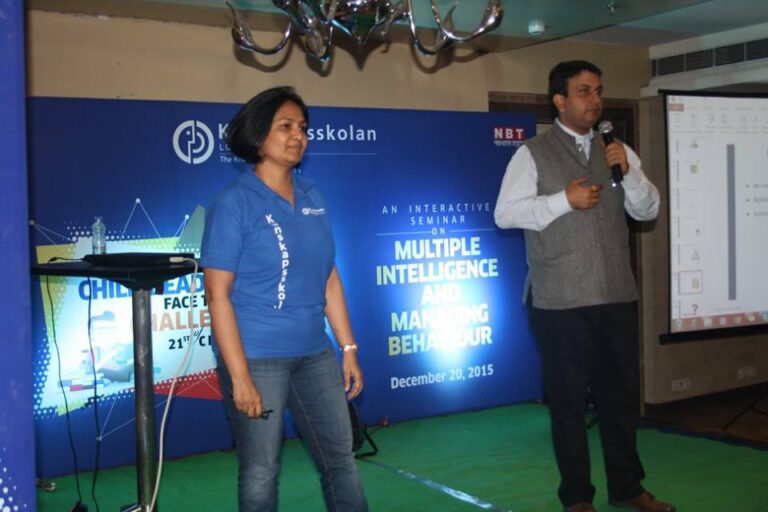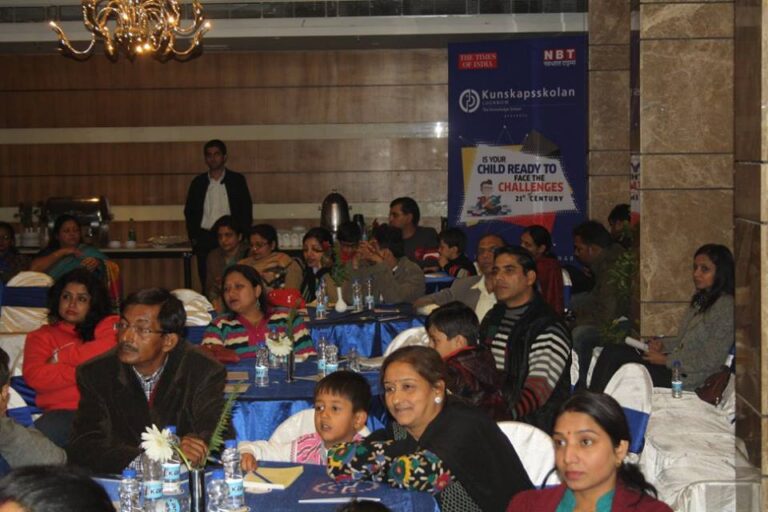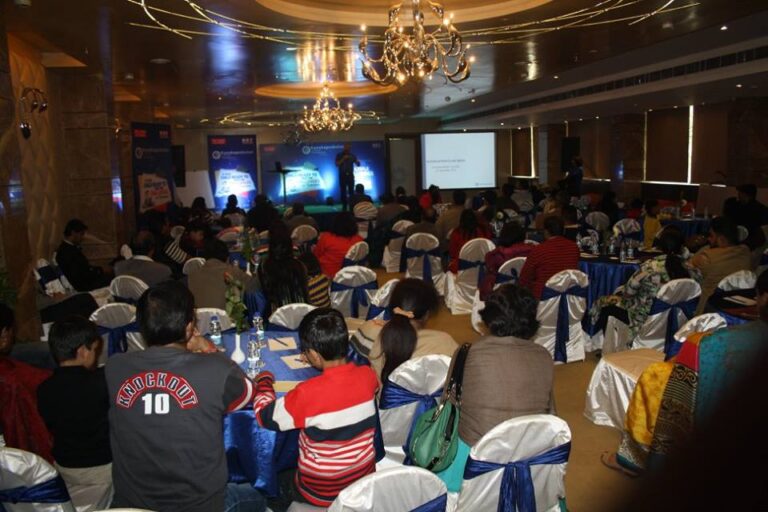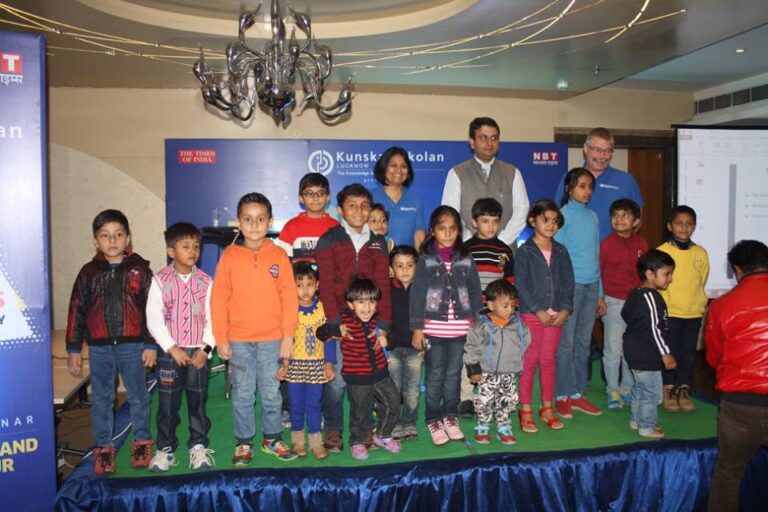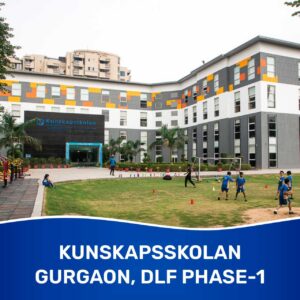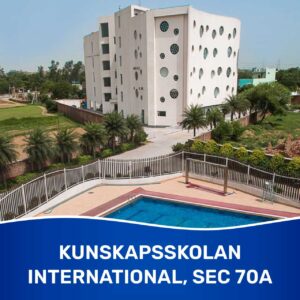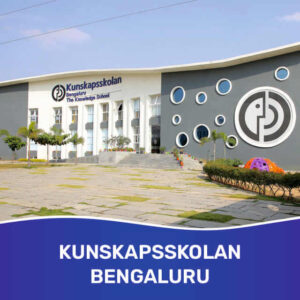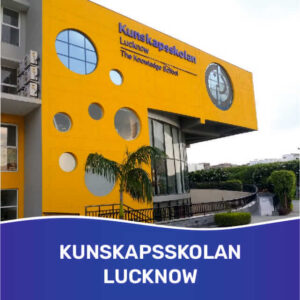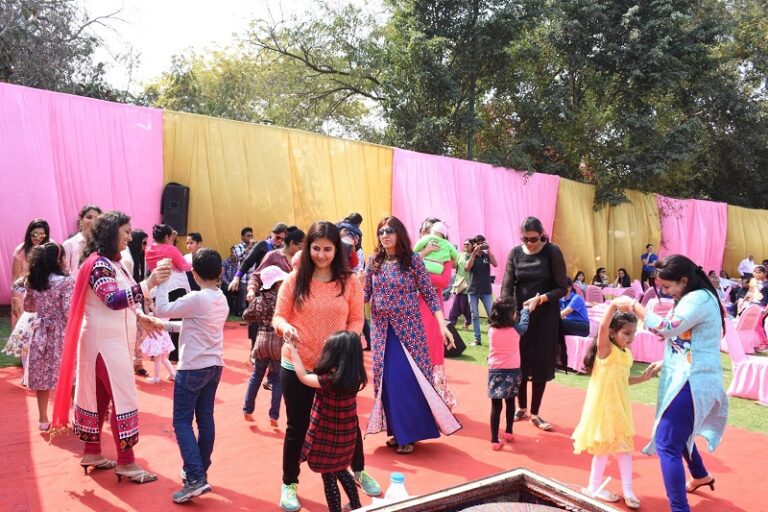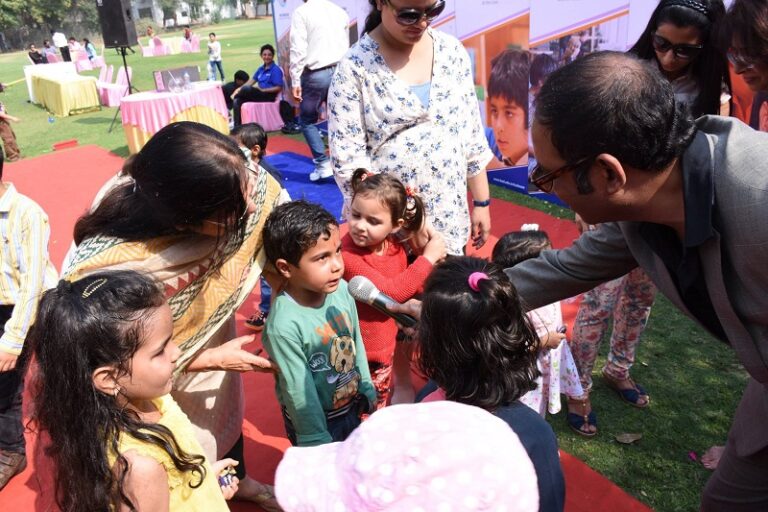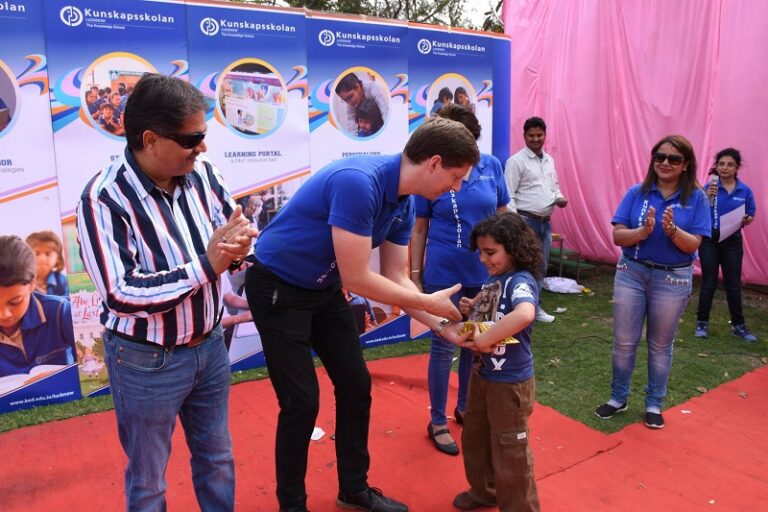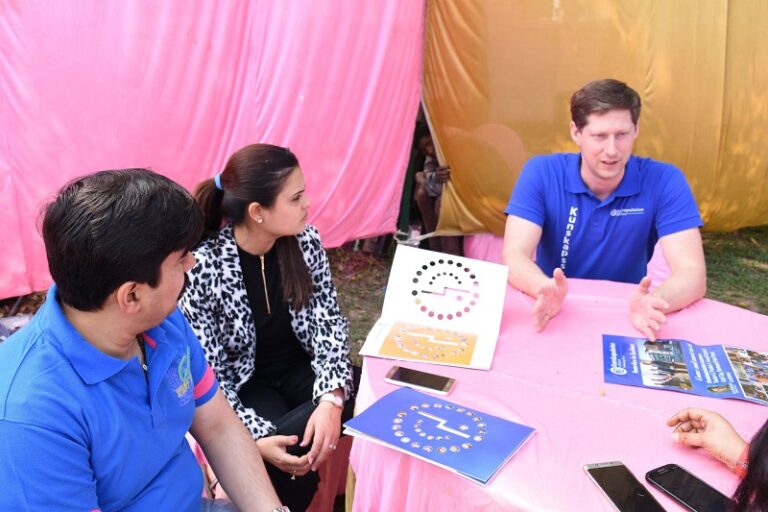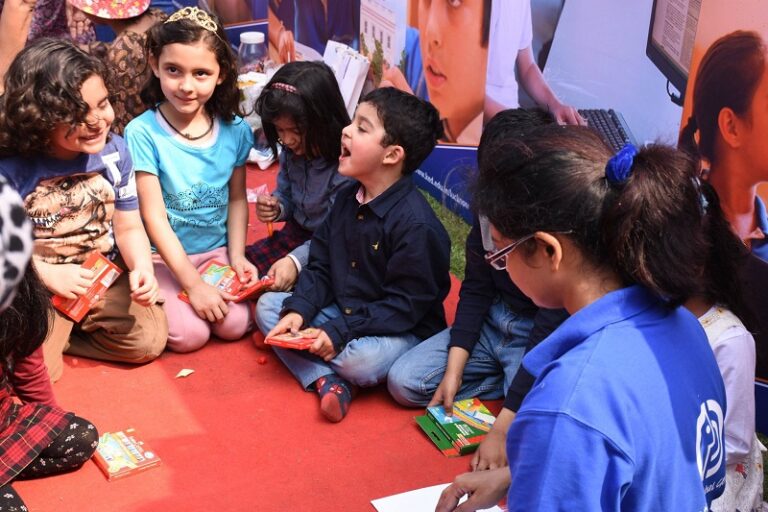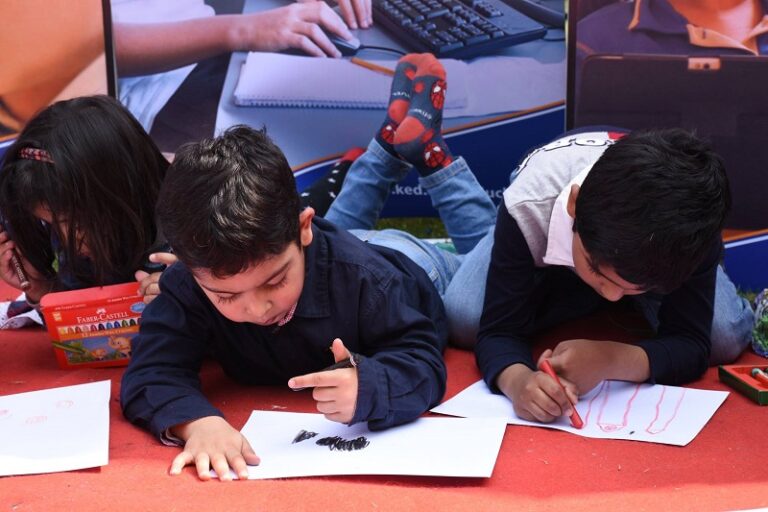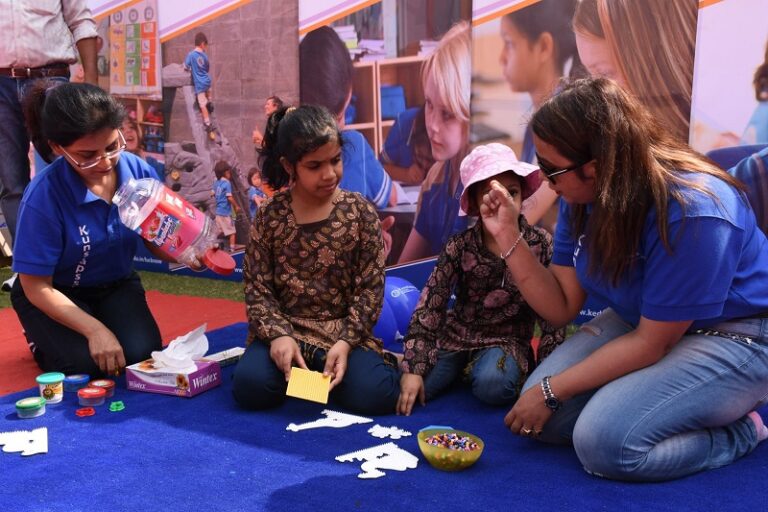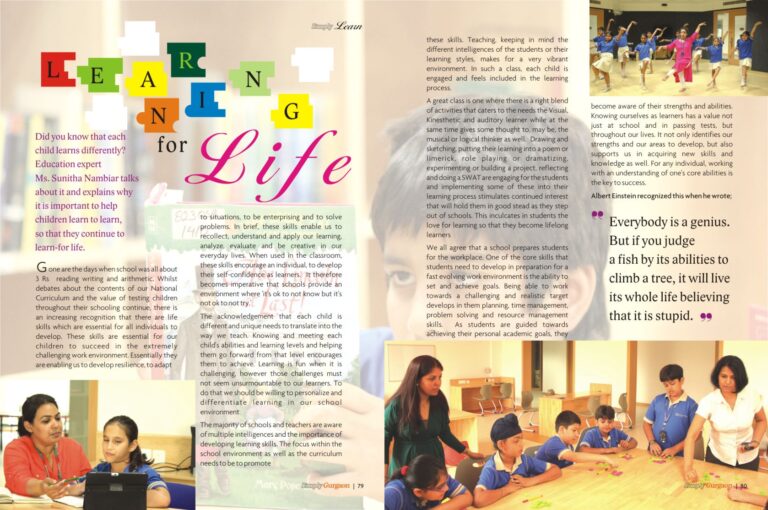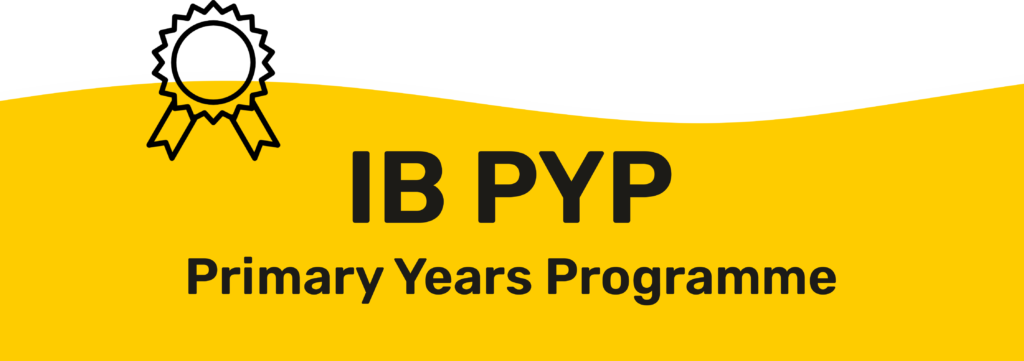
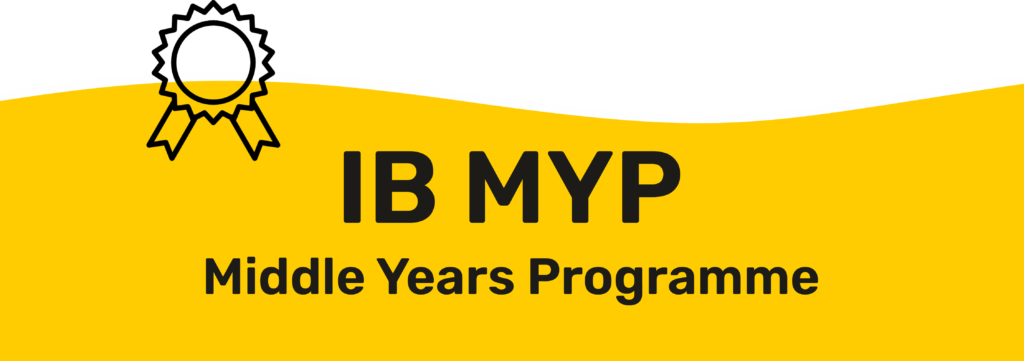
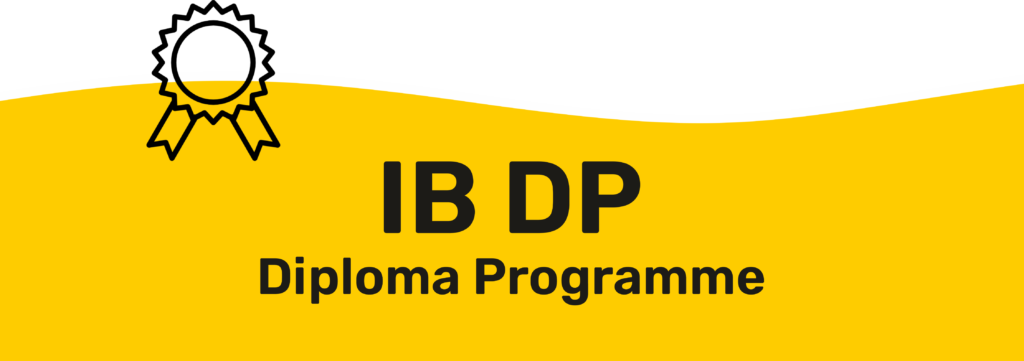
Why Play is Serious Business in the IB PYP
A group of sprightly 6-year-old students gravitated towards a pile of branches, and what followed next was the most beautiful immersion in ‘play’. Such scenes are not uncommon in Kunskapsskolan Gurgaon, touted as one of the leading IB schools in Gurgaon.
IB Curriculum at Kunskapsskolan Gurgaon
In the IB PYP curriculum, learners are taught through a transdisciplinary and inquiry-based framework. Play transforms into active learning at all stages of their development. Consider the above example where learners found a random pile of green branches inviting enough to engage with. The observations that instinctively consumed them were centered around how these branches fell, the color of the leaves, life and death, some spotted berries and were eager to find out if those were edible, while others threw in a word of caution. There was a keen talk about what could be done with these branches. Adding action to this curiosity-driven conversation, learners decided to get the branches inside to further investigate them.
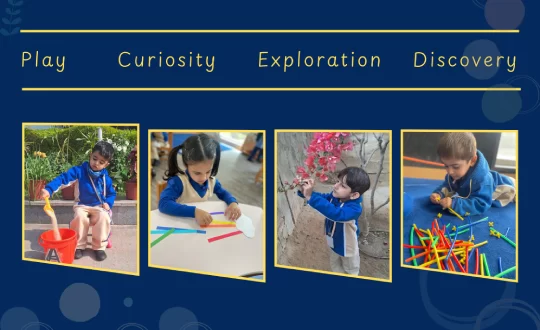
Children naturally gravitate towards finding connections in their environment and eagerly take part in scientific exploration (they don’t know it’s scientific yet!), and this natural propensity to explore is nurtured further by the IB curriculum. Nothing needs to stop because it doesn’t adhere to the confines of a curriculum or might take time away from routine plans. On the contrary, play moves and drives the classrooms as if it were the only natural way to experience life around for these young learners.
Difference Between IB and Other Curricula
At times consciously embedded in learning experiences, play nudges the learners to make connections in unique ways, revel in problems that they grapple with while we provide them the time and space to enjoy this struggle and emerge as solution-bearers, delve into concepts that are not defined for the moment but are observed and recorded for further exploration. This right here highlights one of the fundamental differences between CBSE and IB curriculum, where IB gives ample credence to student agency as opposed to rote learning. In fact, this also separates IB from certain other known International, national, and state based curricula.
IB PYP Classroom Exploration
A simple walk outside can turn into an additional lesson and learning about things that influence young minds simply through play and exploration. In an IB PYP classroom, early years education includes making every occasion a learning experience. What one sees in a PYP classroom is the expansion of the scope of learning, as play—either structured and guided or free—seeps into the lives of educators and learners at every step. This integration of concepts, skills, and most importantly, attitude is a hallmark of the IB curriculum for primary classes.
Emotional regulation, agency, and the development of cognitive and social skills accompany the academic learning outcomes naturally. It’s these key benefits of IB education that make it a popular choice for parents who consciously seek out an education experience for their children that extends beyond the threshold of classrooms.
The IB PYP curriculum builds a crucial foundation through play-based learning, which instills a natural sense of confidence, curiosity, and exploration. PYP learners in IB experience the power of holistic development through play and discovery, where curiosity leads, and learning follows instinctively.
Jyotsna Tiwana
PYP Coordinator, Kunskapsskolan Gurgaon- IB
To learn more about the IB Programmes at Kunskapsskolan Gurgaon visit https://ked.edu.in/ib-school/
Write to us or connect with us on social media

